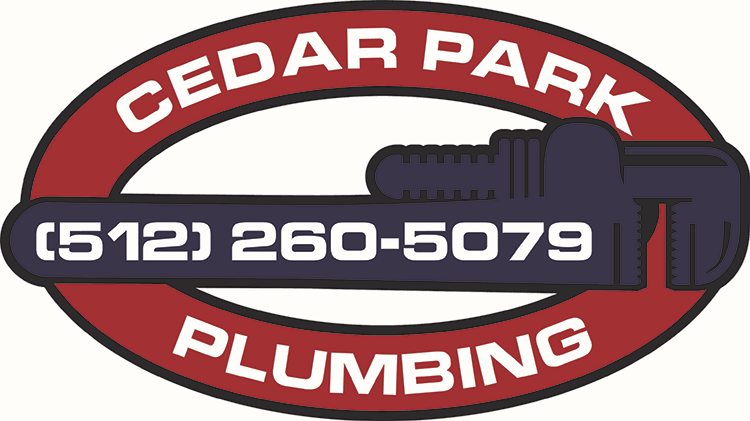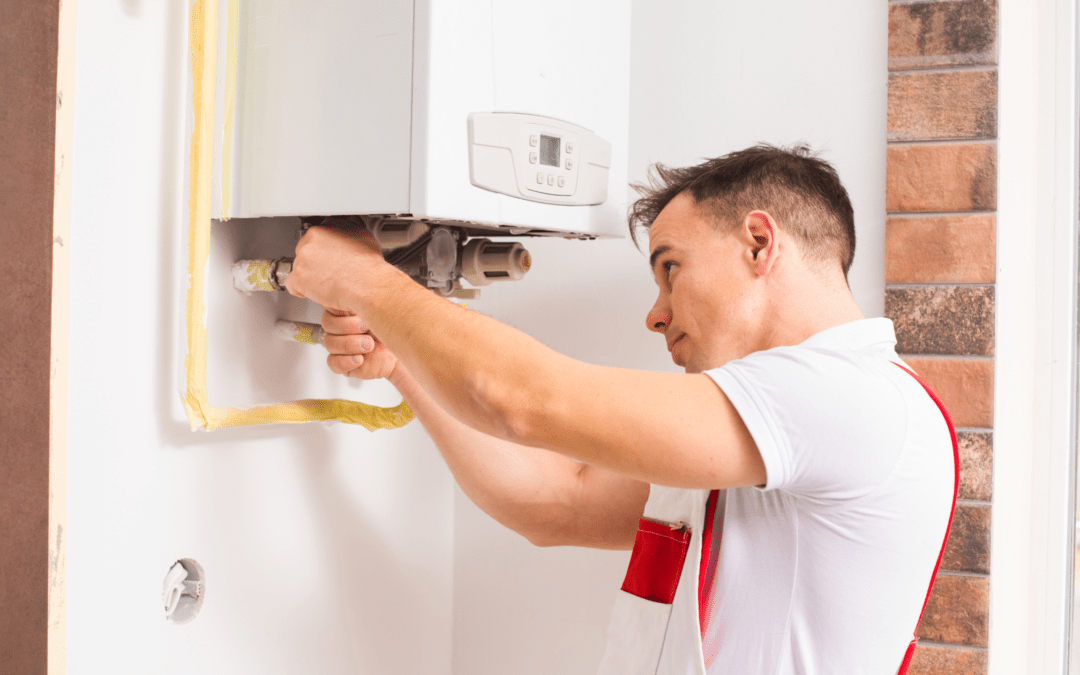One of the most essential appliances in any home is a water heater. It provides hot water for showering, washing dishes, and doing laundry, among many others. If your current water heater is already failing, or you need to upgrade to a newer and more energy-efficient water heater, then you have likely realized that there are many options available in the market. Choosing the right one for your home can be overwhelming, but this guide will provide you with essential information to make the right choice.
Types of Water Heaters
There are three main types of water heaters to choose from – tankless, traditional storage tank, and hybrid water heaters. Traditional storage tank water heaters are the most common type, with the tank ranging from 30 to 80 gallons. Tankless water heaters are gaining popularity because they are smaller and more energy-efficient. They do not store water but rather heat it as it is needed. Hybrid water heaters are a cross between traditional and tankless water heaters, offering the best of both worlds.
Consider Water Heater Size
If you are buying a traditional storage-tank water heater, size matters. The tank size depends on the number of people in your household and the amount of hot water that you typically use. For example, if you have a four-person household that uses an average of 100 gallons of hot water per day, you should consider getting a 50 to 60-gallon tank. A larger tank size would save you money in the long run, but you might end up paying more upfront.
Fuel Type
Water heaters can use different types of fuel, including natural gas, electricity, propane, and oil. Natural gas is the most common fuel type for water heaters and is the least expensive to operate. If you do not have access to natural gas, electricity is another option. Electric water heaters are more expensive to maintain and operate, but they are more efficient, especially if you use a renewable source of energy such as solar.
Energy Efficiency
When choosing a water heater, consider its energy efficiency. A more efficient water heater will save you money on your utility bills in the long run. Water heaters have an energy factor (EF) number, which is a measure of its overall energy efficiency. A higher EF number is better because the system will use less energy to produce hot water. Additionally, some water heaters have an Energy Star rating, which means they meet specific energy efficiency standards set by the US Environmental Protection Agency (EPA).
Maintenance and Installation
Before buying a water heater, consider the maintenance and installation requirements. Tankless water heaters are more expensive to install compared to traditional storage tank water heaters, but they are generally low maintenance. Traditional storage tank water heaters are cheaper to install, but they require annual maintenance such as flushing the tank to remove sediment buildup.
Conclusion
A water heater is an essential investment in your home. It is vital that you choose the right one to meet your needs and budget. Consider factors such as fuel type, energy efficiency, size, installation and maintenance requirements, and cost before deciding on the best option for your home. By following this ultimate water heater buying guide, you can rest assured that you are making an informed decision when it comes to providing your home with the hot water it needs.
If you’ve decided on the ideal water heater for your home and need professional installation, don’t hesitate to contact Cedar Park Plumbing. Our highly skilled and experienced team is on hand to ensure a seamless installation process. Reach out to us today at Cedar Park Plumbing, and let’s provide your home with the efficient hot water system it deserves.

